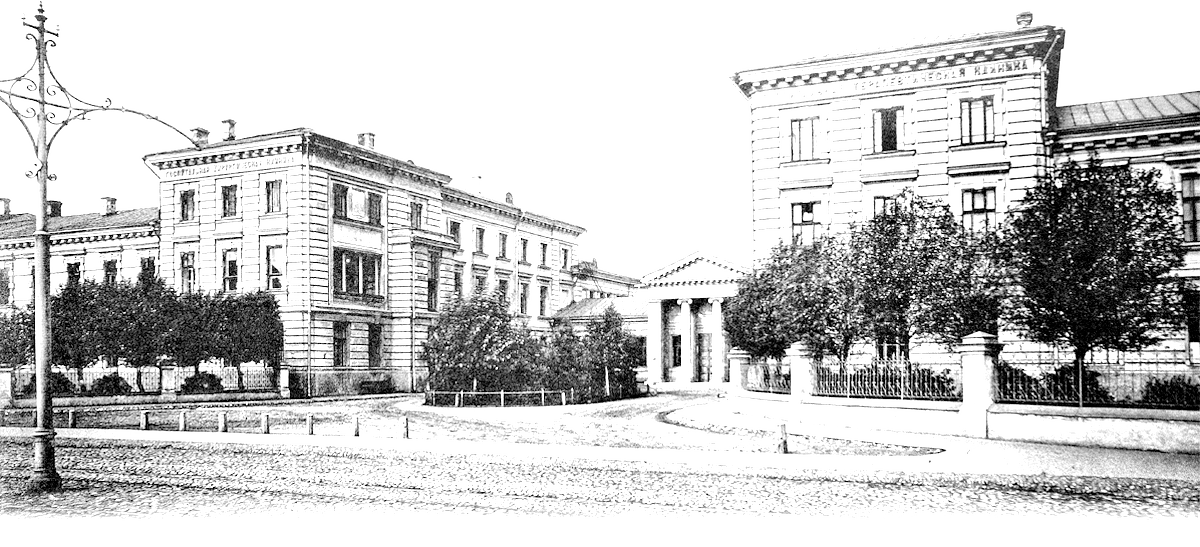Da Vinci prostatectomy is an robot-assisted removal of prostate cancer
- Details
- Published: 04 November 2018
The operation helps to maintain potency and normal urination
Robot-assisted prostatectomy is especially effective in the early stages of the cancer process: PSA level ≤ 20 ng/ml, Gleason score ≤ 7. It is possible in case of patient who has no contraindications to anesthesia due to concomitant diseases.
Sexual function is restored within a few months, but in some cases during the year, it depends on the physical features of the patient and the size of the tumor. The probability of saving potency in men up to 50 years is more than 90 percent, up to 60 years - 75 percent, up to 70 years - 57 percent, and over 70 years is 25 - 50 percent.
Rate of normal urine retention immediately after surgery is 97%
Involuntary urine leakage after other operations occurs in 85% of patients and can last up to 9 months. It is an extremely unpleasant side effect of prostate cancer treatment, urological pads or diapers have to be worn. Due to coughing, running or physical effort, urine leakage may persist throughout life - stress urinary incontinence.
Incontinence occurs due to dissection of the ligament apparatus of the pelvis. This dissection is necessary for access to the dorsal venous complex covering prostate. It is tied up or stitched with a surgical suture to avoid bleeding in case of damage.
The fascia- and nerve-sparing method that we use allows not to injury the dorsal venous complex. The surgeon gently dislocates the fascia and ligaments, makes a 2x3 cm «window» in the pubic-vesicular ligaments and heals the prostate. Then «the window closes» with stitching fragments of ligaments.
A robotic system provides insurance against bleeding, it allows to quickly change the abdominal pressure and stop the bleeding.
Da Vinci surgery has advantages in compare with other methods
Importantly, the disease goes away immediately. Alternative ablative technologies (ultrasound ablation, irreversible electroporation, cryoablation) do not guarantee the complete destruction of tumor cells.
After an unsuccessful ablative operation, performing a salvage prostatectomy is much more difficult.
Nerve-sparing radical prostatectomy with the preservation of fascia eliminates damage of the pelvic floor muscles with branches of the genital nerve located in it and (or) an additional sexual artery feeding the cavernous tissues of the penis. It means that the preservation of potency is more likely than a traditional or nerve- sparing surgery without preserving the fascia.
Robot-assisted surgery performs unattainable with other methods accuracy
It is possible to penetrate all hard-to-reach places. Manipulators rotate 360 degrees in any plane. 3D imaging with a tenfold magnification helps to see perfectly in the depth of the wound. Electronic filters out unpredictable movements and tremors of the human hand.
The doctor sees the operating field on the monitor and controls the robot through the joystick. One robotic hand holds a video camera, the other three - perform manipulations with tissues.
The prostate is separated and evacuated with an endoscopic instrument with a diameter less than a pencil. Then the bladder is stitched with the urethra. The operation time is a little bit more than two hours. Discharged after 2-3 days is performed, exercise is allowed in two to three weeks after surgery.
During robot-assisted prostatectomy, laparoscopic approach is used, which has, in comparison with open surgery, the following advantages:
- • several punctures instead of a cavity incision;
- • minimal blood loss and pain;
- • the patient returns quickly to daily life;
- • there is no large postoperative scar;
- • there is no necessity in a bandage after surgery.
Cost of da Vinci robot-assisted prostatectomy in Moscow
We carry out a robot-assisted surgery for Russian citizens free due to a federal quota. Non-Russian citizens can be treated through paid medical services. Including hospitalization stay, anesthesia, intensive therapy, the cost of robot-assisted prostatectomy is around 330-380 thousand rubles. It is significantly lower than in other Russian and foreign urological centers.
Annual over a thousand patients choose the Department of Urology at Sechenov University for the treatment of prostate cancer.




